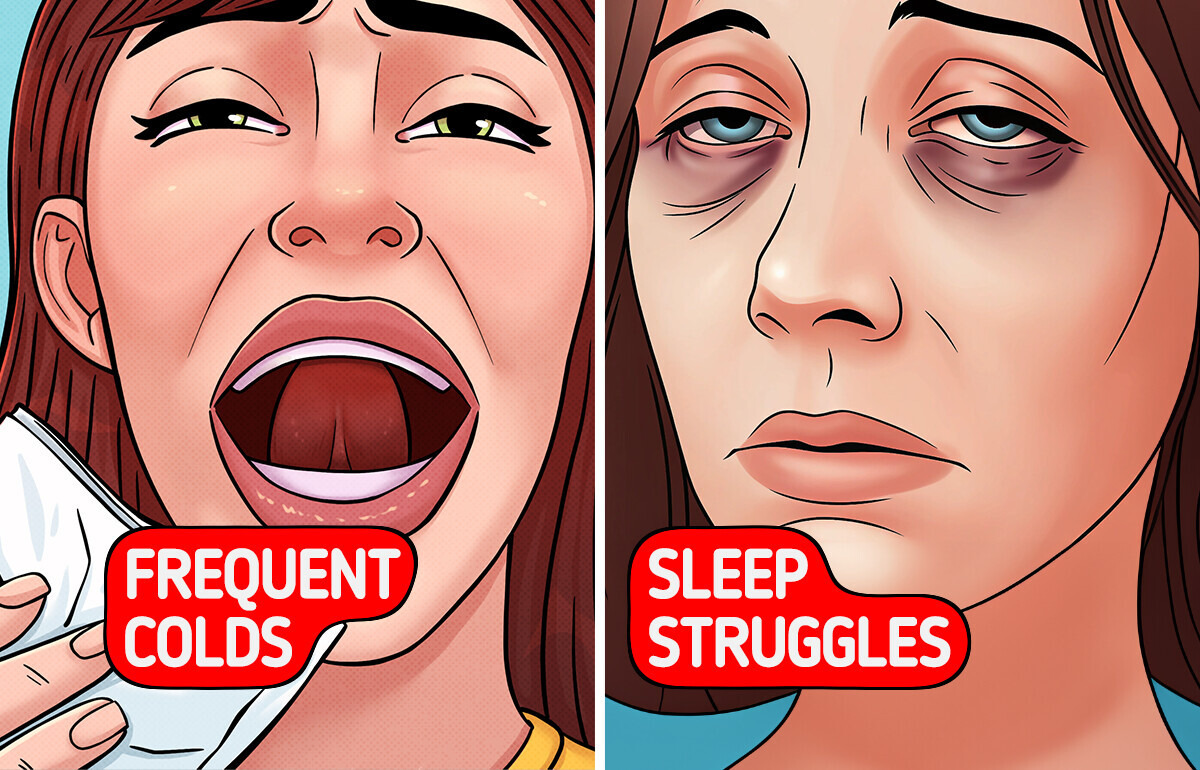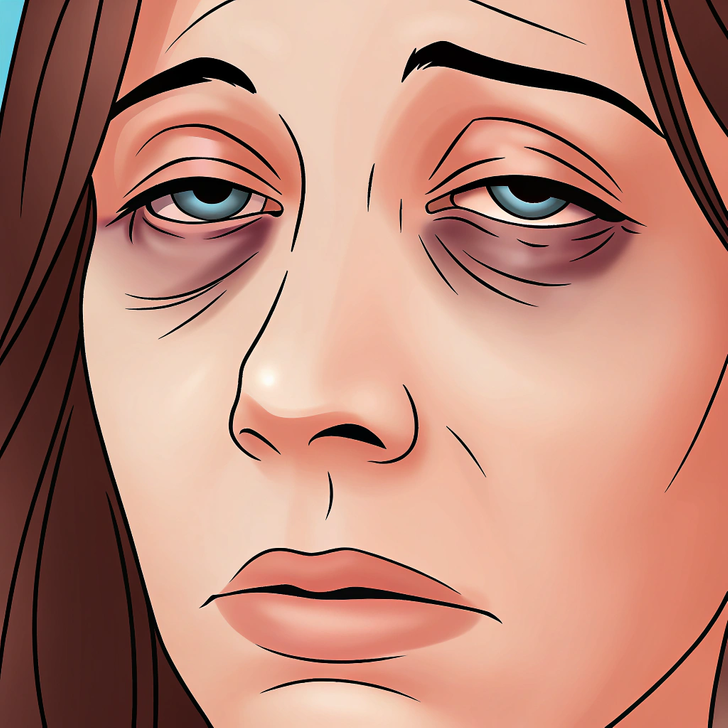16 Stepparents Who Prove That Family Is About Love, Not Blood


Stress isn’t just a mental burden - it quietly wreaks havoc on your body in ways you might not even notice. While a little stress is normal, chronic stress can have long-term effects you don’t want to ignore. Let’s dive into the hidden ways stress could be damaging your body - and what you can do about it.
CONTENT IS PROVIDED FOR INFORMATIONAL PURPOSES ONLY AND IS NOT INTENDED AS A SUBSTITUTE OF MEDICAL ADVICE.
SEEK GUIDANCE OF YOUR DOCTOR REGARDING YOUR HEALTH AND MEDICAL CONDITIONS.

Stress isn’t just in your head - it’s in your stomach, too. Chronic stress can disrupt digestion, leading to bloating, stomach pain, and even conditions like irritable bowel syndrome (IBS). That’s because stress messes with gut bacteria and increases inflammation, making your digestive system go haywire.
Managing it: Eat fiber-rich foods, stay hydrated, and practice relaxation techniques like deep breathing or yoga to keep your gut (and mind) calm.

Ever suddenly break out in itchy, red welts for no apparent reason? That could be stress-induced hives. Anxiety and chronic stress can trigger an immune system reaction, leading to these little spots on your skin.
Managing it: Stay hydrated, manage stress levels, and try antihistamines if needed. If hives keep popping up, a doctor’s visit might be in order.

If you’re catching every cold that comes your way, your mental health could be the culprit. When stress sticks around for too long, it can wear down your immune system, leaving your body more vulnerable to infections. Anxiety can also lead to unhealthy lifestyle habits—like poor sleep, bad eating habits, or skipping exercise—that further drain your defenses.
Managing it: Support your immune system by prioritizing rest, eating nutrient-rich foods, and finding ways to manage stress (like yoga, meditation, or just finally taking a break).

If you’re shedding more hair than usual, stress might be the reason. High cortisol levels can push hair follicles into a resting phase, causing increased shedding over time. Extreme stress can even trigger conditions like telogen effluvium, where large amounts of hair fall out suddenly.
Managing it: Prioritize stress reduction, maintain a nutrient-rich diet, and avoid excessive heat or harsh styling on already fragile hair.

One minute, you’re full of energy; the next, you feel like your phone on 1%. Stress messes with your blood sugar, while anxiety can drain your motivation completely.
Managing it: Stick to a regular eating schedule, get outside, and move your body—even if it’s just a quick walk while blasting your favorite playlist.

When your brain is running a marathon of every awkward thing you’ve ever done, sleep becomes a distant dream. Stress and anxiety can make it harder to fall and stay asleep.
Managing it: Cut screen time before bed (yeah, tough), try a wind-down routine, and maybe journal out your thoughts instead of letting them ambush you at 3 a.m.











